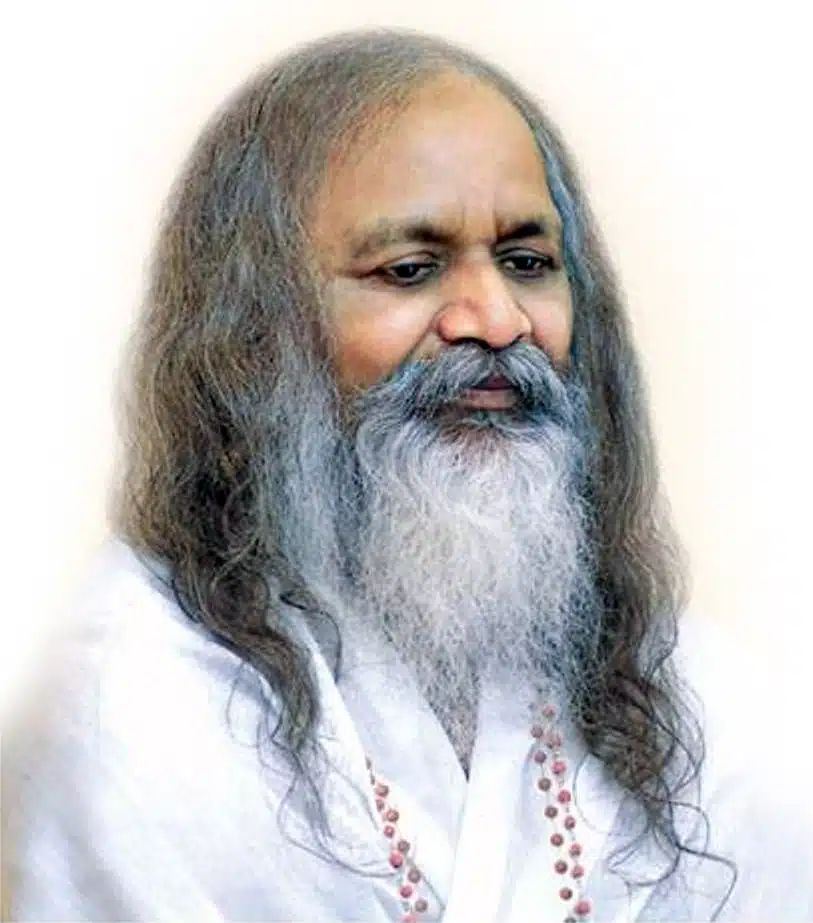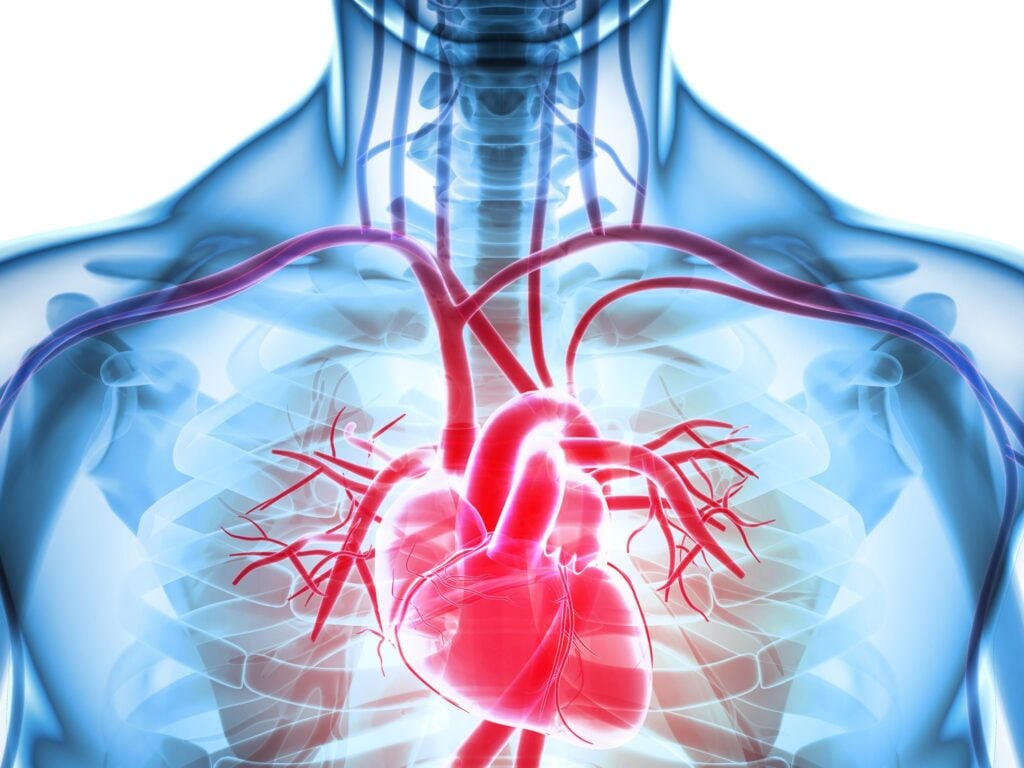
 Founded by Maharishi
Founded by MaharishiMahesh Yogi
 Founded by Maharishi
Founded by MaharishiTranscendental Meditation® (TM) is now included in the official U.S. clinical practice guidelines for preventing and treating high blood pressure.
The 2025 guideline from the American Heart Association (AHA) and the American College of Cardiology, endorsed by the American Medical Association (AMA) and other major health organisations has included the scientifically verified technique of TM as a tool to combat high blood pressure.

“Stress reduction through Transcendental Meditation may be reasonable to prevent or treat elevated blood pressure and hypertension, as an adjunct to lifestyle or medication interventions,” the US national guidelines states.
This marks the first time a meditation technique has been formally recommended in the America’s leading high blood pressure treatment guideline.
The committee rated the evidence for Transcendental Meditation as moderate to high quality, noting consistent clinical trial data showing average reductions of 5–7 mm Hg in systolic blood pressure among people with hypertension and about 5 mm Hg among those without.
TM was the only meditation program singled out; other stress-reduction methods such as breathing techniques and yoga were mentioned but supported by lower levels of evidence.

Dr Robert D. Brook, MD, Chair of the American Heart Association’s scientific committee on alternative approaches to lowering blood pressure and Professor of Medicine at Wayne State University recognised the large volume of research which shows that Transcendental Meditation helps lower blood pressure.
“This is a landmark acknowledgment of the evidence-base supporting the blood pressure-lowering benefits of Transcendental Meditation,” Dr Brook said.
“The new guideline formally recognises that Transcendental Meditation shows a consistent effect [AS4] [RHS5] [RHS6] [RHS7] for lowering blood pressure and can be offered safely alongside proven lifestyle changes and medications,” he said.

Dr Robert Schneider, MD, FACC, lead investigator on several National Institute of Health (NIH) sponsored randomized controlled trials said research shows that Transcendental Meditation also reduces heart attacks.
“Beyond lowering blood pressure, three published randomised clinical trials have found that TM practice reduced cardiovascular events—including heart attacks, strokes, and death—over five years of follow-up,” Dr Schneider said.
“This suggests that the [TM] practice may not only improve risk factors but also help protect against the leading causes of death.”

One in three Australian adults (6.8 million people) have high blood pressure (hypertension), and 3.4 million of them don’t know they have it, according to the latest figures by the National Hypertension Task Force.
High blood pressure affects nearly half of U.S. adults and is the most common modifiable risk factor for cardiovascular disease, stroke, kidney failure, and dementia.
The new guideline emphasises that lifestyle changes—such as a heart-healthy diet, regular physical activity, weight management, and stress reduction—are the foundation of prevention and treatment, with medications added when necessary.
The recognition of Transcendental Meditation highlights a safe, non-drug option that individuals can incorporate alongside medical care and other lifestyle changes.